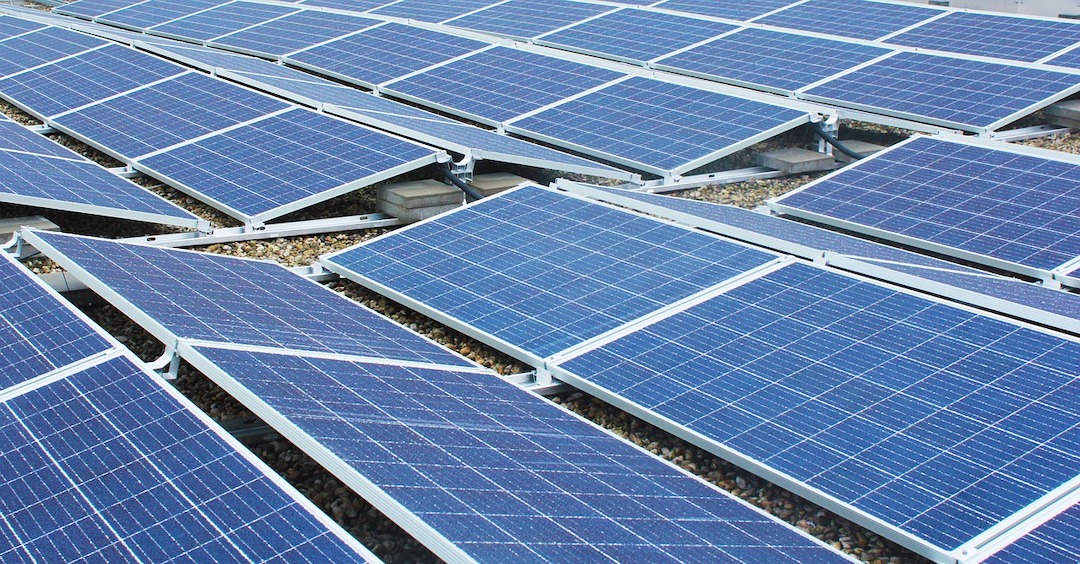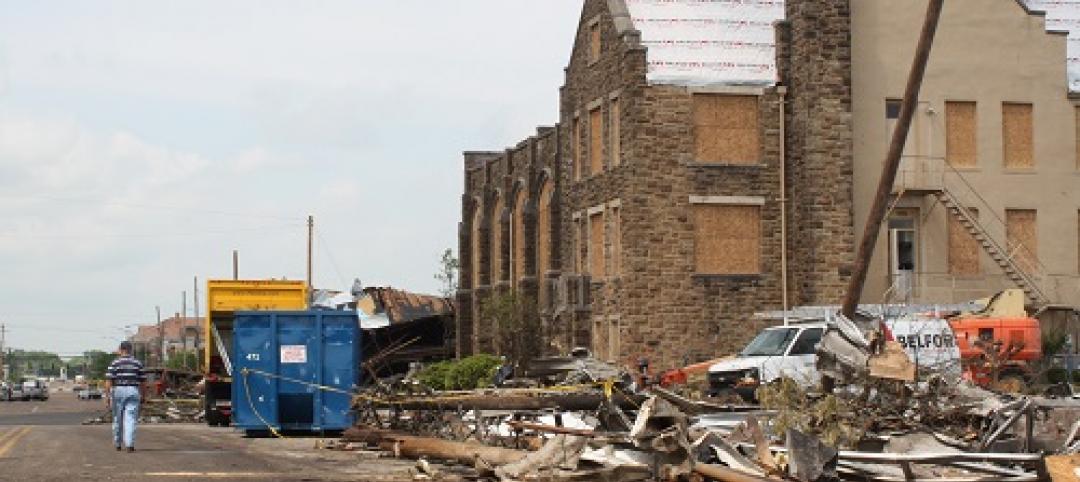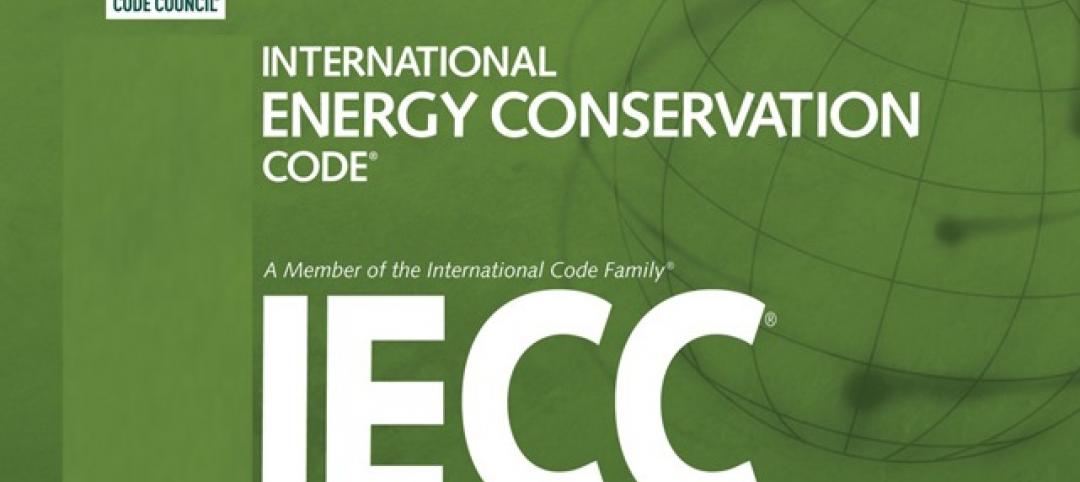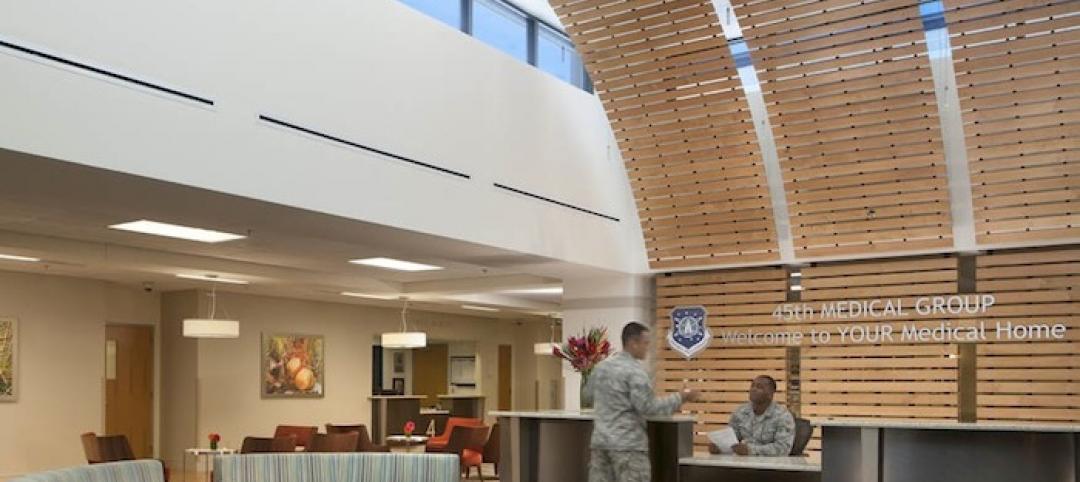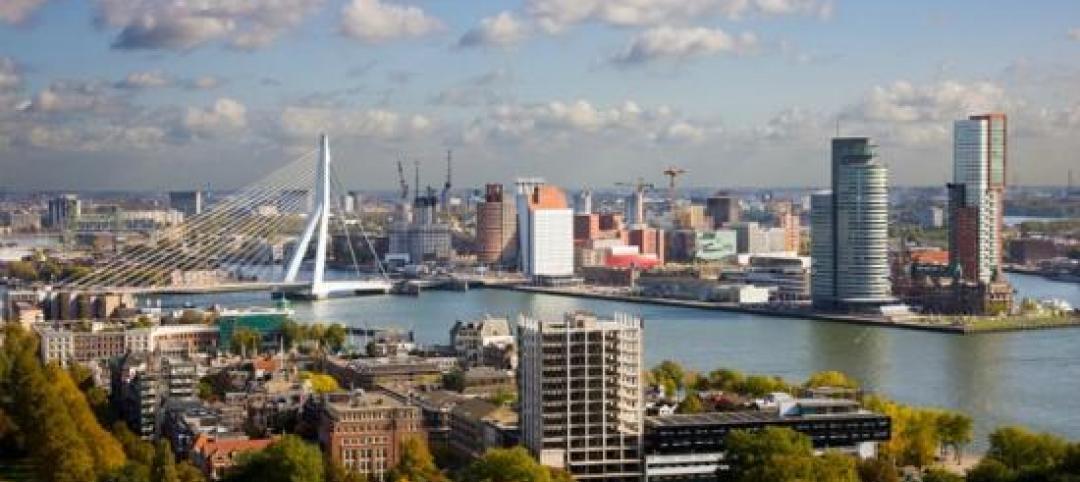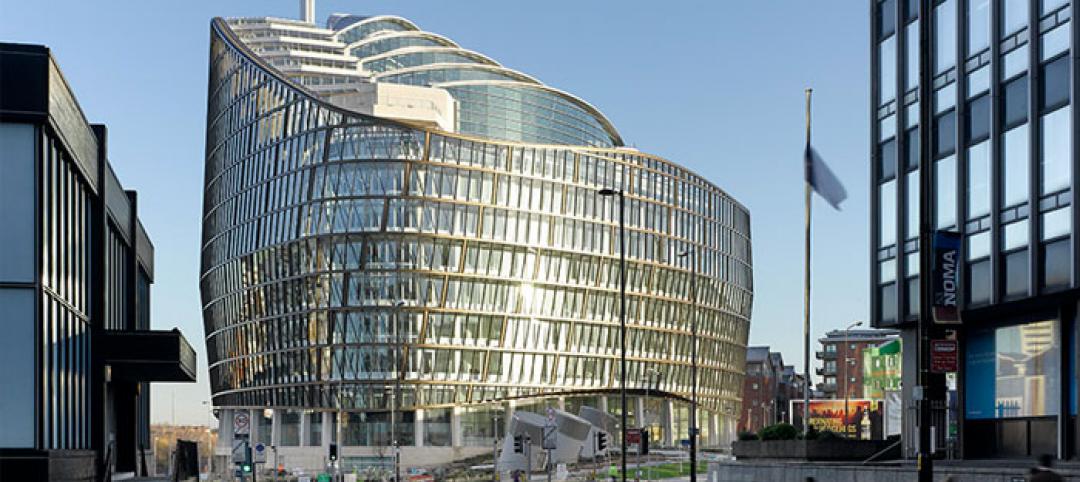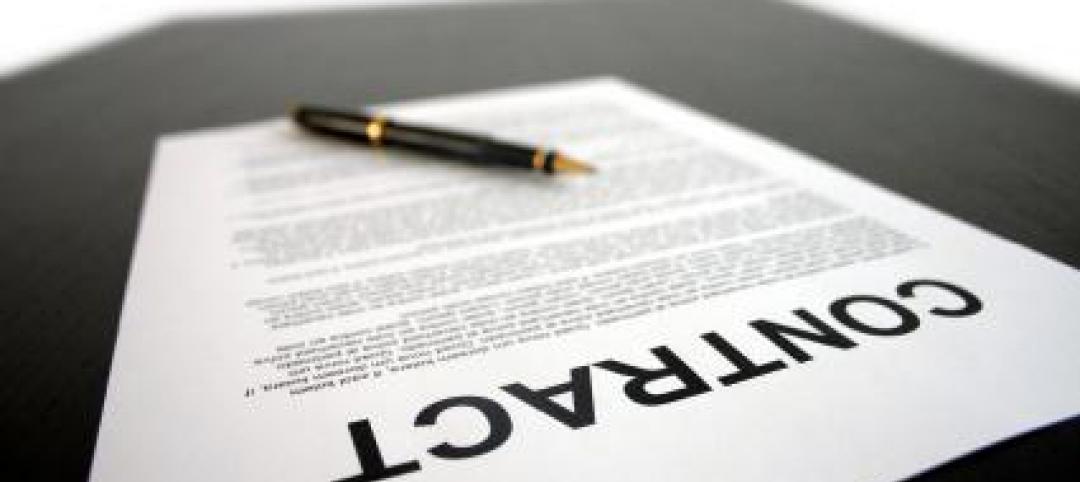There is significant popular support for community solar projects in the U.S., but opposition by utilities and some legislative restrictions are holding back their development.
Nearly 1,600 community solar projects, sometimes called “solar gardens,” are operating nationwide. Most are operating in Minnesota, Massachusetts, New York, and Colorado.
The Biden administration continues to support a $15 million Energy Department initiative to expand the number of solar gardens, particularly in low- and moderate-income neighborhoods. At the state level, though, where regulators set the power rules, interest groups are fighting over what defines community solar and who should generate it.
Utilities say having too many players could unravel regulatory structures that assure power grid reliability and warn of more disasters such as last winter’s deadly blackout in Texas. Some regulations, such as one in Minnesota that restricts ratepayers from subscribing to solar gardens only in their county or an adjacent one, have unintended consequences. The Minnesota rule means the heavily populated Twin Cities region has many potential subscribers but lacks space for gardens. On the other hand, rural areas have ample room for installations but fewer buyers for the energy.
Related Stories
| Dec 11, 2013
NIST recommends tougher standards for tornado resilience
Buildings in tornado-prone areas should be constructed to withstand strong winds just as hurricanes are factored into building codes in coastal areas, says a federal report examining the 2011 killer tornado in Joplin, Mo.
| Dec 10, 2013
Whistleblowers can now file complaints online with OSHA
Whistleblowers covered by one of 22 statutes administered by the Occupational Safety and Health Administration (OSHA) now will be able to file complaints online.
| Dec 4, 2013
Five U.S. cities leading on climate change initiatives
Houston, Salt Lake City, Miami, New York, and Los Angeles are five cities that are leading the way on preparing for climate change and extreme weather, according to a Center for American Progress report.
| Dec 4, 2013
Philadelphia City Council mulling bill requiring ID cards for construction workers
The Philadelphia City Council has held a series of hearings on a bill aimed at boosting the city's safety regulations in the wake of a deadly building collapse earlier this year.
| Dec 4, 2013
Changes completed on 2015 IECC provisions
The 2015 International Energy Conservation Code (IECC)—the code that serves as the model for states’ codes—has undergone final changes.
| Dec 4, 2013
Design-build makes gains along with more authorizing legislation
In 2009, more legislation authorizing design-build project delivery passed than in any year in Design Build Institute of America’s history.
| Dec 4, 2013
Rotterdam resiliency policies include floating neighborhood
The low-lying city of Rotterdam in the Netherlands is a world leader in storm resiliency with policies that impact businesses, private homes, and public infrastructure.
| Dec 4, 2013
Meet the 'world's greenest building': One Angel Square
The 500,000 sf, 14-story One Angel Square in Manchester, England, is being promoted as "the most environmentally-friendly building in the world."
| Dec 3, 2013
Architects urge government to reform design-build contracting process
Current federal contracting laws are discouraging talented architects from competing for federal contracts, depriving government and, by inference, taxpayers of the best design expertise available, according to AIA testimony presented today on Capitol Hill.
| Nov 27, 2013
ASHRAE data center standard open for public review
Standard 90.4P, Energy Standard for Data Centers and Telecommunications Buildings, is being developed in response to requests to recognize the energy performance profiles unique to data centers.


